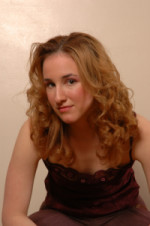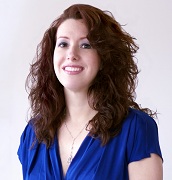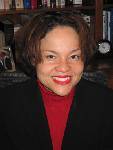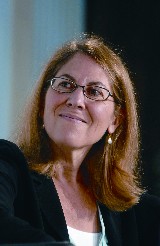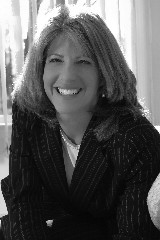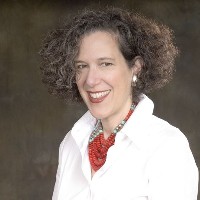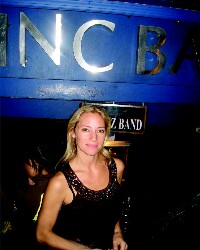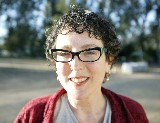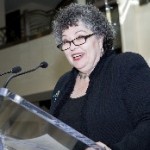- What was your education and professional experience? Were they helpful to starting your business?
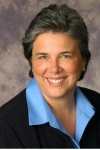
Lisa Wehr
Prior to Oneupweb, I attended college with a focus on commercial advertising photography, worked as a forensic photographer, a mounted policewoman in Florida, and was a pretty serious musher with my own sled-dog team in Alaska. When I stopped racing competitively, I started a guided tour business. People would visit Alaska to learn how to mush dogs, and I would act as their guide. In 1996, I wanted to bring in more business, so I went to Wal-Mart, bought a computer and taught myself how to use it. Word spread that I knew how to design websites, and the customers started pouring in. But they wanted their websites seen by more people, so I methodically went about figuring out how to make that happen. The result was Oneupweb, a search marketing company. A few years ago the company moved to Traverse City, and just last year we moved into our new 23,000 square foot global headquarters on Grand Traverse Bay.

